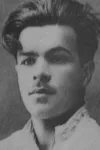Biography
(No Information)
Filmography
all 3
Movies 3
Writer 3
Information
Known ForWriting
GenderFemale
Birthday1907-04-28
Deathday1992-01-08 (84 years old)
Birth PlaceUzlovaya, Russia
CitizenshipsSoviet Union, Russia
AwardsLenin Komsomol Prize, Medal for Battle Merit, Medal "For Battle Merit", Medal "For the Defence of Moscow", Order of the Patriotic War 1st class, USSR State Prize, Order of the October Revolution, Order of the Red Star, Order of the Red Banner of Labour, Medal "For the Victory over Germany in the Great Patriotic War 1941–1945", Order of Lenin
This article uses material from Wikipedia.
Last updated:
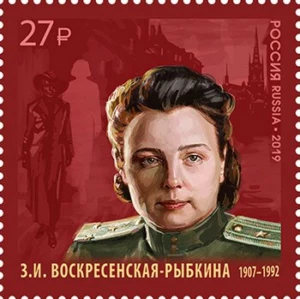 Zoya Voskresenskaya
Zoya Voskresenskaya- Filmography
- Information
- Related Persons
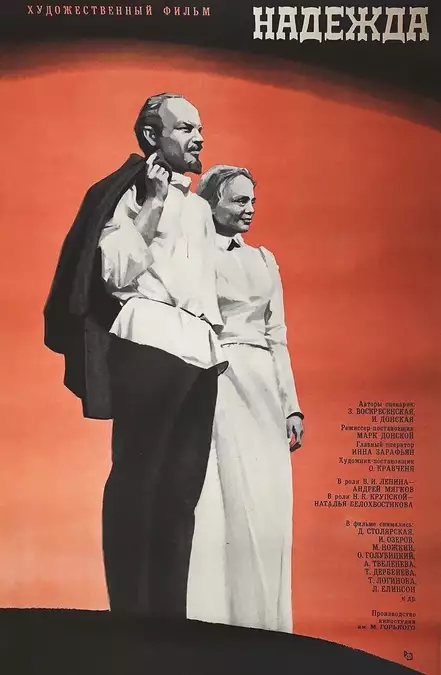
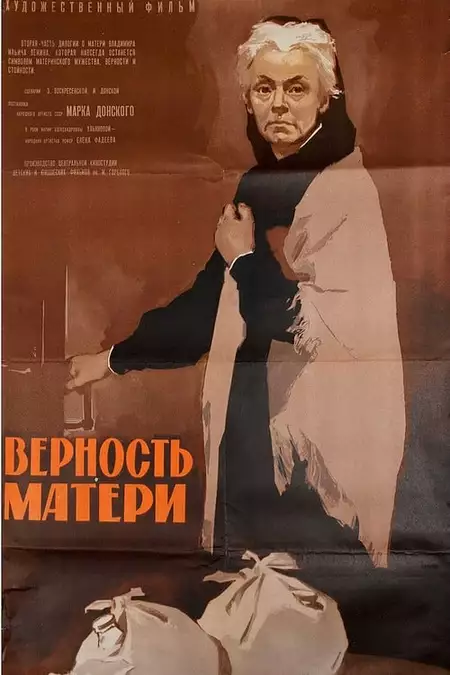
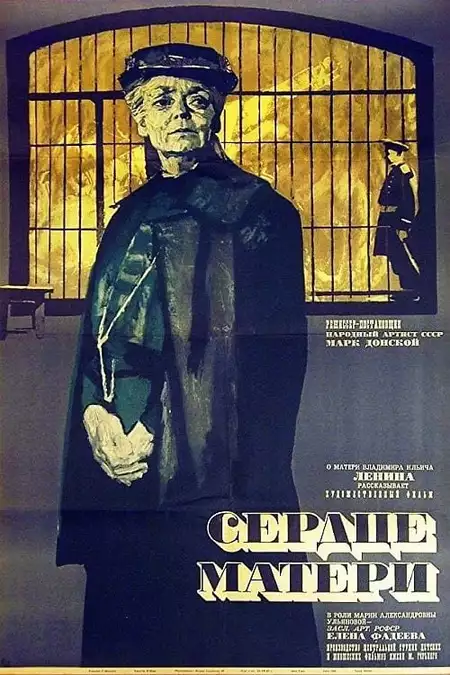
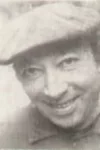
 ,
,
